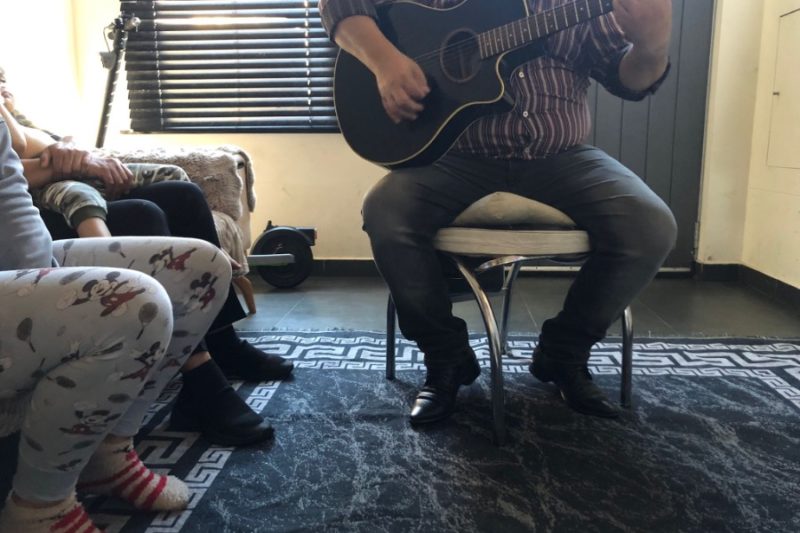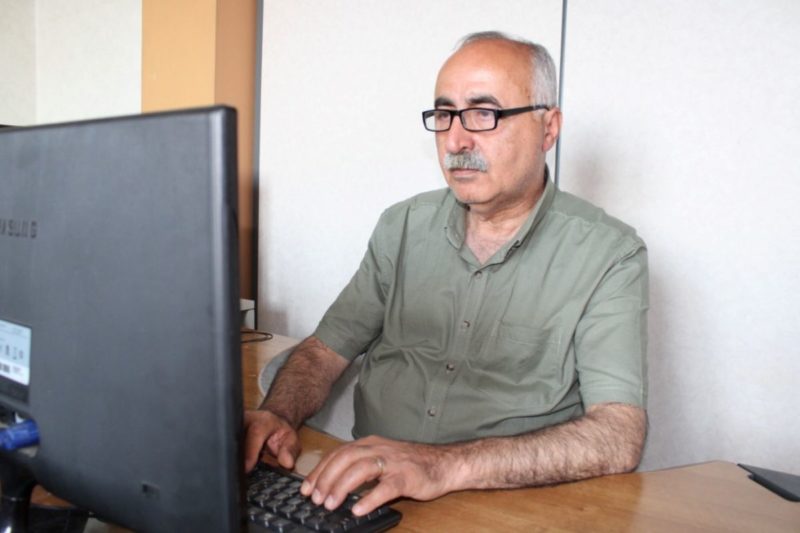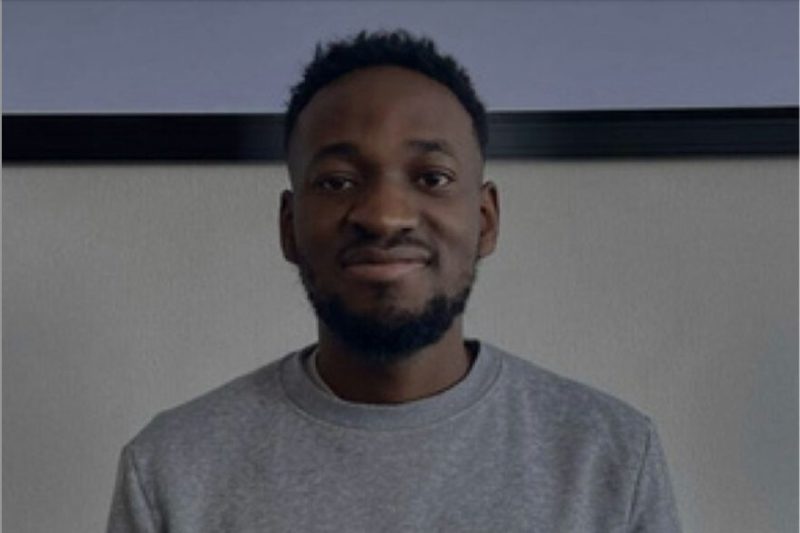Journalists in exile : to be or not to be engaged ?
For many journalists, exposed to political and legal pressures in their country of origin, their change of surroundings urges them to redefine their professional and personal commitment.
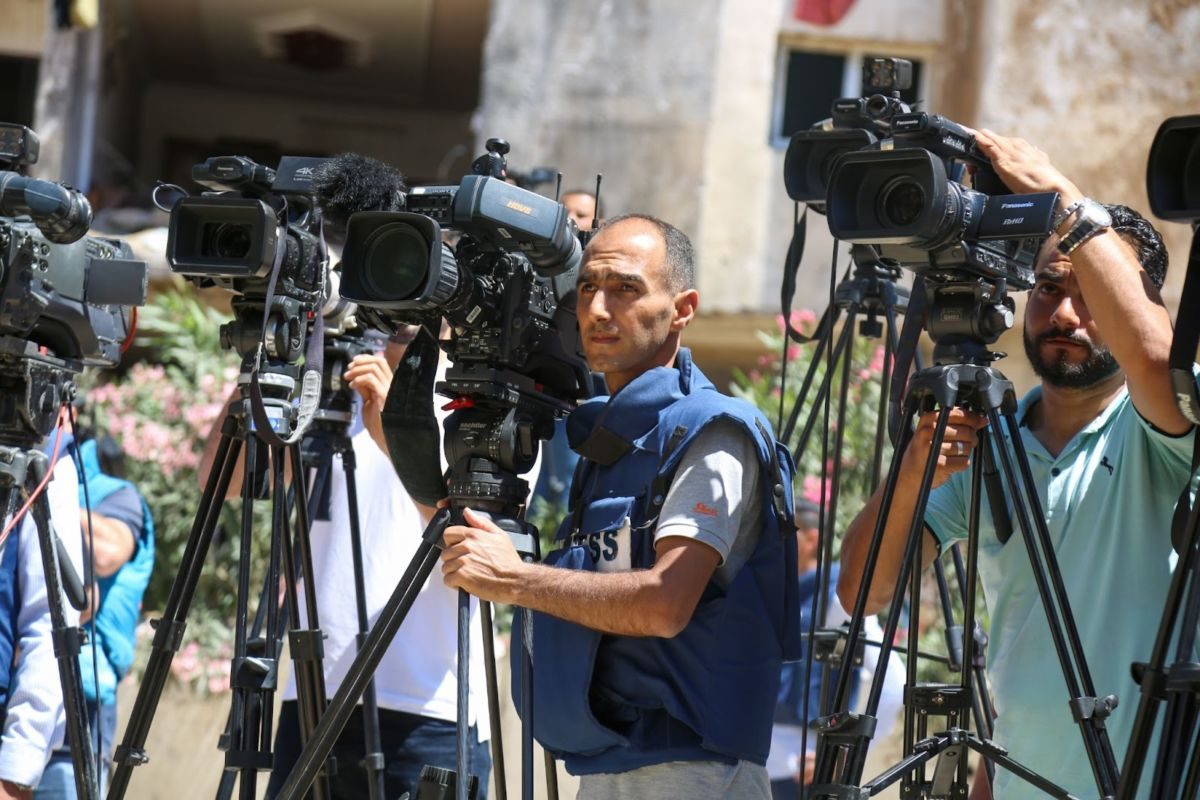
As sung by Elvis Presley, « home is where the heart is ». But what if your home and heart are physically separated by enormous distance? This question naturally engages all emigrants in the world and, among them, exiled journalists. Sarhan Abukalloub is one of them but today, he is proud to present his current journalistic project: Brussels Morning Newspaper, a monthly magazine and website on European politics. He works as editorial manager for the news medium. « When I meet people that don’t know my origin, they are astonished that I’m from Gaza », Abukalloub tells. « It was not easy to shift from writing and producing documentary films in Gaza to politics in Europe. If I want to work here for the sake of Gaza, I can be an activist. Not a journalist ».
Since the Palestinian journalist fled his country in 2018 his life and work took a huge turn. Intimidated, detained and threatened by the Hamas regime, he was forced to leave his family and apply for asylum in Belgium. Here, he works as a journalist on European politics and foreign affairs, although his connection and commitment to Palestine is still strong. « I read about it everyday and I still want to know what is happening, because it’s the country where my family lives ». Abukalloub stays in close contact with his family by phone daily.
A commitment far from evident
No matter how turbulent the political climate of a refugee’s country of origin may be, actual engagement is not self-evident. According to Dr. Mohammad Salman, professor of Political Science at the Vrije Universiteit Brussel (VUB), whether or not a person decides to sustain an active interest is dependent on three factors. In the first place, integration plays an important role: « If people are really integrated in Belgium, it would be less interesting to follow their former country’s politics », Salman says. Secondly, not having the plan of ever returning will lower the political interest. Lastly, if a person does not have any family left in their home country, following up with the news seems less important.
In the case of Sarhan Abukalloub, the last factor underpins his active interest in the situation in his country of origin. The day of the interview he even received the news that his wife and two daughters will be permitted to join him in June. « Today, I am the happiest person in the world. And I’m grateful to Belgium because they respected my wishes and dreams. I feel loyalty by heart and soul to Palestine and Belgium », said the Palestinian journalist.
For Tory Kiliç, the continued practice of his journalistic profession is a kind of a « struggle ». In 2018, the 40 years-old Kurdish journalist from the city of Mardin had to flee Turkey after several years trying to identify missing people in Kurdistan and to document human rights violations in the region. His work led him to undergo « judicial harassment » and « recurring arrests and criminal cases » under the pretext that the journalist would allegedly share secret information. A far from isolated case, in a country ranked 153rd in the world for freedom of the press according to Reporters sans frontières (RSF). A country where, according to Kiliç himself, « many media and journalists have been and remain subjected to intense police repression because of their professional activities ».
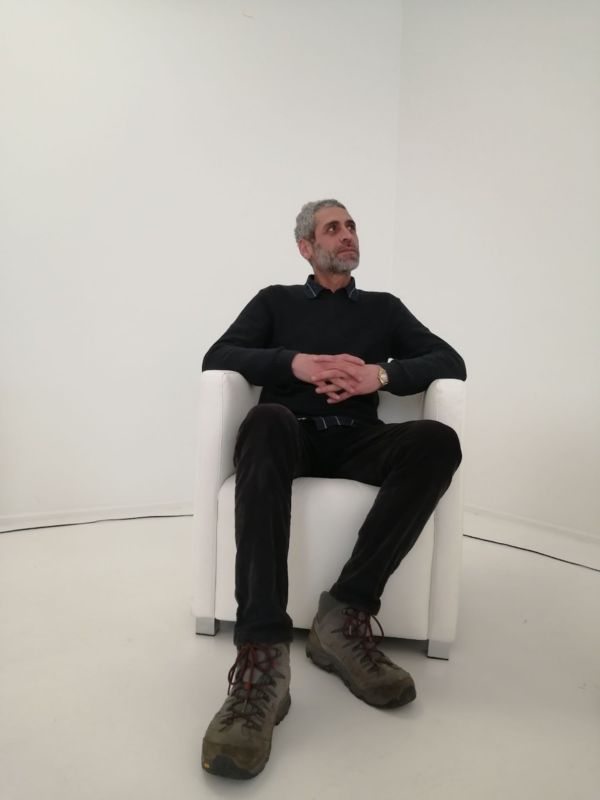
Originally coming to Germany for a conference, he took advantage of his visa for Europe to come and seek exile in Belgium, where several of his Kurdish friends already resided. He first found refuge in Brussels, for two years, before settling in Asse, in the Flemish region, where he still lives with his Belgian wife and child. Although he recognizes that Erdogan’s influence, even in Western Europe, sometimes scares him, Tory Kiliç says he feels safer in Belgium: « I know how to protect myself here ». Member of the editorial board of the En-Gaje association, Kiliç has nevertheless put his career as a journalist on hold to concentrate on the creation of a book and a CD bringing together Yazidi Kurdish lullabies : « I am talking with several Belgian publishers ». The project, called « Melodies of the Lost Children », aims to list the traditional songs of this people, of which only 800,000 individuals remain (mainly in Iraq) and « still under the threat of genocide and massacres ».
How does he cope with not being able to vote in his country of origin? « I have never voted in my life » admits Tory Kiliç. The journalist explains his choice by the political system in place: « In Turkey, things do not change with the vote ». He questions state policy which, according to him, hasn’t historically served ethnic minorities: « For the political situation to improve, Turkey should become a confederation which leaves more space for the Kurdish, Armenian and other minorities ». Regarding the results of the next presidential elections to be held in 2023, the journalist is quite pessimistic: « Even if Erdogan were to lose, I don’t think he will give the keys to the country as easily as that ». Until then, Tory Kiliç plans to pursue his Belgian experience without difficulty: « Anyway, I have always considered myself a refugee ». With this point of view, Kiliç adds one more factor to those three proposed by Dr. Salman. Besides integration, family and plans to return, also the hopelessness a refugee feels, regarding the political situation in their home country, has to be taken into account. Because he feels voting would not make a significant difference, he does not do it.
To justify refugees’ involvement in the political life of their country of origin, Jérémy Tourrette, researcher in political communication at Université Libre de Bruxelles (ULB), uses several sociological concepts: « Several factors (socio-professional categories, gender, level of diploma, level of income, etc.) make it possible to explain the politicization or non-politicization of refugees ». But the Ph.D. student does not stop there: « The cultural level, which influences the level of political competence, means that an individual is more or less able to get involved in public affairs ». He also evokes « the politicization of parents » and « the unionization » in the country of origin to explain a personal involvement in the host country. In any case, « migration can play a role in politicization but it is rarely the only one ».
Josine Kaze is one of these rare cases. Arriving in October 2020 in the kingdom, the 40 years-old Burundian journalist left her country following the political crisis of 2015 and the failed putsch of May 13rd. Previously, she had covered the popular demonstrations and the police blunders exercised against the protestors, while President Pierre Nkurunziza tried to run for a third term (yet prohibited by the national Constitution). She first took refuge in Rwanda, where she continued her journalistic activities in the radio Isangarino, then joined Belgium after Rwanda decided to stop broadcasting and intensify repression of journalists.
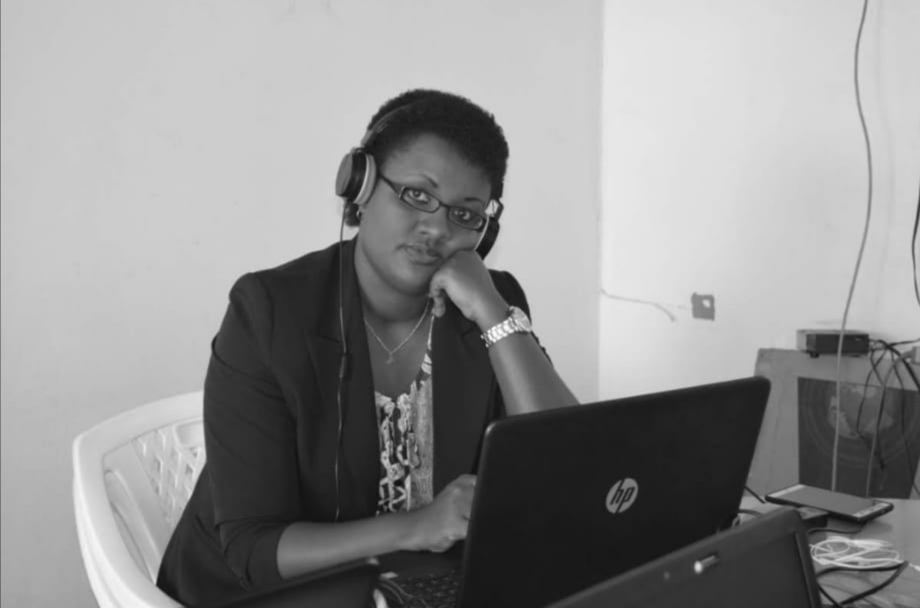
From Belgium, she keeps a watchful eye on information from her country of origin: « I continue to get involved and talk about what’s happening in Burundi ». Her involvement is such that she regularly presents Radio Inzamba’s news flash while being secretary general of the Association of Burundian Journalists in Exile. « We wanted to create something of our own to support each other and find work for journalists who want to continue to practice », Kaze explains, « I was not politically engaged in Burundi but now that I no longer have the right to vote, my professional and associative commitments allow me to exist as a Burundian citizen ».
This does not prevent her from trying to integrate in Belgium : « I am learning Dutch and I am involved in Les Amis d’Accompagner association ». This organization proposes to help people in need to carry out certain procedures: visit a home, present one’s file to a lawyer, meet a school staff, a doctor or a social worker, etc. « When you are a refugee, you have to look in both directions: towards the country of origin and the host country », she sums up, « besides, I continue to speak Kirundi with my daughters so that they always have this link with Burundi ». Waiting to be able, one day, to return to Burundi? « We still hope but for the moment I do not see myself going back because even if the president has changed (Evariste Ndayishimiye since June 2020, ndlr), journalists are still considered as rebels there ». For the moment, Josine Kaze wants to change career and is looking for a new job « in digital marketing ».
A difficult integration
Fatimetou Sow still hopes to work as a journalist. But things are not easy for the Mauritanian woman: « When you are a black female from Africa, recruiters are not in a hurry to welcome you ». This human rights activist practiced reporting about the practices of forced marriage, excision and force-feeding of little girls in her country. She decided to go into exile after her daughter, Sarah, was herself the victim of a forced marriage when she was 9 years old. After 3 years in Senegal, she moved to Belgium in 2018 and continues to host Facebook lives on violations of women’s rights in Mauritania. To do this, she communicated with a TV5 journalist based in the country.

« It hurts me a lot not to be in my country », Fatimetou Sow admits, « I should be there, go meet people, demonstrate, and all that I can’t do here ». However, the journalist is still far from surrendering: « I am even more motivated than yesterday to do my job ». Considering herself a presenter, she was able to exercise it for 6 months at TV COM, a local television channel in Wallonia. But her contract is now over and she finds herself unemployed: « If i’m still in September, i’ll do something else, social work training for example ».
Alongside her search for a work, she is an active member of several associations of Mauritanian immigrants in Belgium such as the Union générale des Mauritaniens, who takes care of repatriating the bodies of the deceased to Mauritania, Jeunesse Mauritanie or Tous debout. As we can see, her forced emigration has not slowed down her commitment, even if it now takes a different form. Mother of four children, including two daughters, Fatoumata Sow awaits the choice that her offspring will make when they will reach majority : stay in Belgium or go back to Mauritania. A question that will arise, one day or another, all these journalists who have been forced to flee their native lands.


